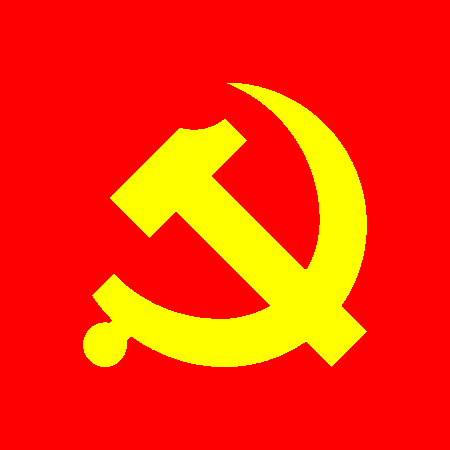Nobody defines economics as “have or have nots” or denies that trade existed a long, long time ago. I think you’re missing the point of class society and how that plays in economics, but isn’t all-encompassing of it.
It isn’t about oppression or being oppressed.








No problem, never apologize for being curious! I mainly use this account to try and gain comrades and correct misconceptions about theory when I can, so it isn’t wasted time by any stretch! And developing a plan is excellent, I always recommend that if I can, many people meander and spend far more time than necessary as a consequence.
If you’ve seen my “Read Theory, Darn it!” intro reading list, you’ll find that the way I structured it is focused on building up over time. I start with a quick FAQ from Engels, then Blackshirts and Reds to dispel common red scare myths and promote a sympathetic view towards the people in Socialist countries in their real struggles to build real Socialism.
After that, though, it delves into the theory side, in a specific order. I start with Dialectical Materialism, as it’s by far the most useful concept to understand first. It’s kinda like approaching the world from a scientific point of view, always stressing to view things as they exist in context and in motion, rather than isolated and static. After that comes the Law of Value, and the concept of Scientific Socialism, then we return to Socialist history and Imperialism/Colonialism, Social theory, then putting it all into practice.
I bring this up, because if you really study the Dialectical Materialism section well, you’ll already be equipped to do your own political analysis from the Socialist viewpoint, even if you don’t fully understand the Law of Value, the theory of the State, etc. Those all help contextualize, but in my opinion that’s the single biggest step you can take in knowledge of Marxism, and when you can consider the most critical “pre-req” research relatively solid. Studying Cuba after you get those basics firmly down will help you see what they are trying to do, and measure how they are doing in your own eyes, for whenever you can make it to Havana.
Now, you can always spend way more time reading, but you can also start reading Che Guevara’s speeches and writings as well as Fidel Castro’s interviews and whatnot to begin to get some context on the thoughts and actions of Cuban revolutionary leaders. I also recommend researching what happened to Slavador Allende in Chile, who tried to play by the rules, so to speak, rather than going the revolutionary path. This is an important point of contrast to put the success of the Cuban Revolution in context.
Feel free to ask any questions you want, no worries!